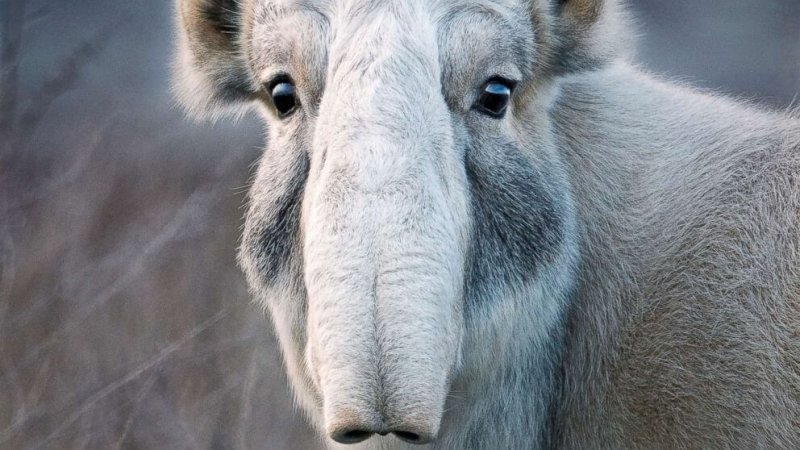Forget extinctions. Population decline is a much greater crisis.
…
We watch for extinctions like those with the thought that, like Noah, we only need two of each species to preserve biodiversity assembled over millions of years. In the meantime, though, animals and plants are rapidly declining all around us. The Living Planet Index, which monitors more than 14,000 populations of 3,706 species of vertebrates, reports that populations fell by 58 percent on average from 1970–2012.
…
Before species disappear from the earth entirely, they disappear from a particular segment of the map. These local extinctions, called extirpations, do not make as many headlines. But they are naturally much more common than extinctions, and happening rapidly.
…
There are technical reasons to care about thinning. Colony collapse disorder, a crisis in honeybee populations that seems to have abated in recent years, and the melting of the polar ice caps are two crises of abundance whose perceived seriousness is fueled by a sense of interconnection, the ominous sense of a looming natural domino effect. The early, technocratic stirrings of American conservation policy were similarly motivated by a sense that the decline in the continent’s massive numbers of moose, deer, and salmon might combine to make Americans less prosperous.
…
Urbanites have the most to gain from the replenishment of once-common plants and animals. Abundance doesn’t have to be an African mangrove forest. It is flocks of geese, and butterflies, and the oysters that once thronged New York Harbor.
Read full, original post: Population Collapse































